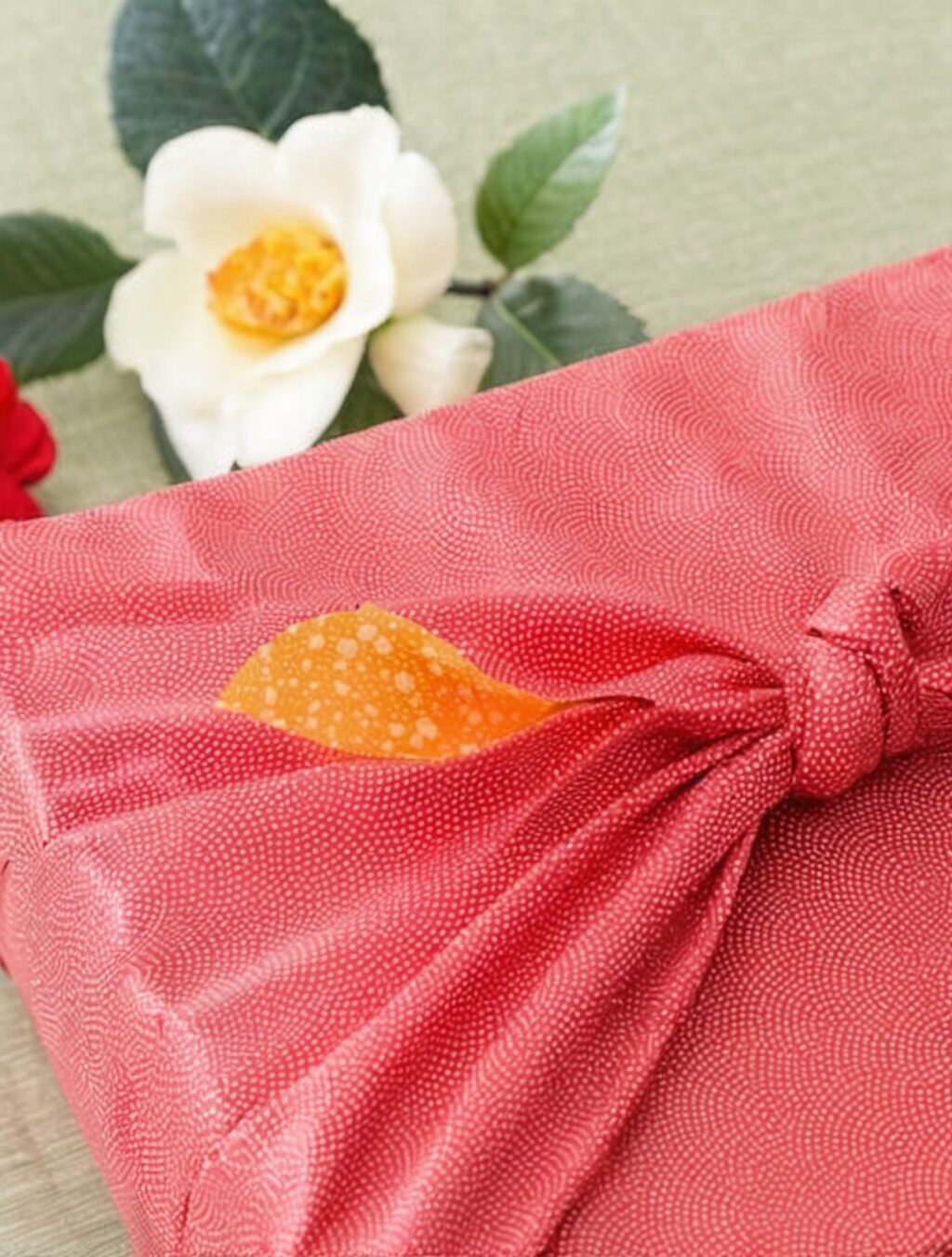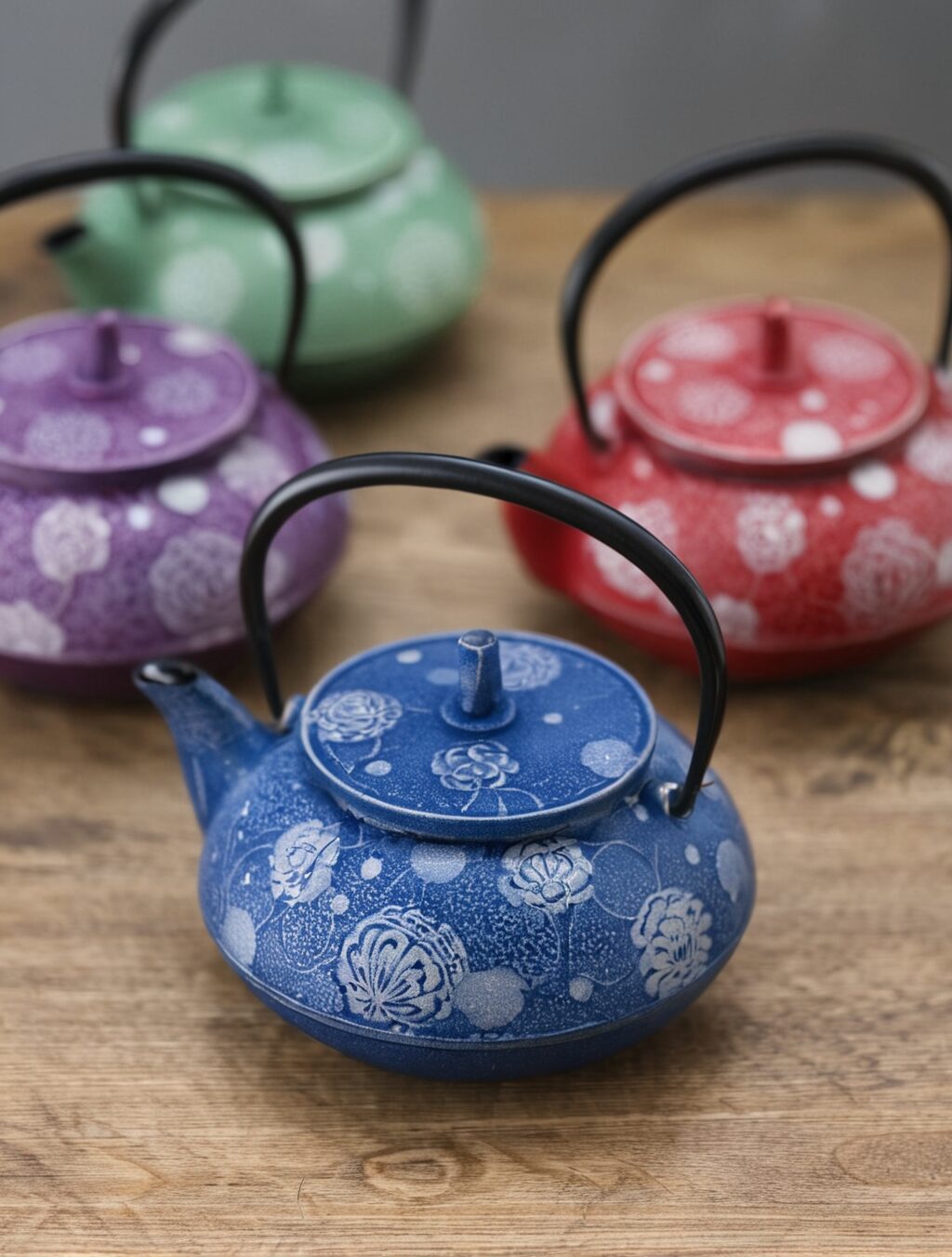Appropriate Business Gifts in Japan: A Guide to Gifting Success
Win a Free Trip to Japan!
Experience cherry blossoms and ancient temples
Whether you’re forging new business connections or strengthening existing ones, understanding the nuances of gift-giving in Japanese business culture is essential. From choosing the right present to observing proper etiquette, this guide will help you navigate this delicate art with confidence.
1. Thoughtful Consideration:
Japanese gift-giving is not merely a token gesture; it symbolizes respect, gratitude, and a desire to build strong relationships. Take time to consider the recipient’s interests, position, and preferences to select a meaningful and appropriate gift.
2. Presentation Matters:
The way you present a gift is just as important as the gift itself. Wrap it meticulously in high-quality paper, using a traditional Japanese wrapping style called “furoshiki.” Avoid flashy bows or excessive decoration, as simplicity and elegance are highly valued.
3. Symbolic Meaning:
Many Japanese gifts carry symbolic meanings. For example, tea sets represent harmony and tranquility, while calligraphy brushes embody creativity and knowledge. Research the potential symbolism of your chosen gift to convey your intentions respectfully.
4. Avoid Taboos:
Certain gifts are considered inappropriate or even offensive in Japanese business culture. Avoid sharp objects like knives or scissors, as they may symbolize a threat. Also, be mindful of gifts with political or religious affiliations, as these could be seen as intrusive.
5. Reciprocity and Timing:
Gift-giving in Japan is often reciprocal. If you receive a gift, be prepared to return the favor with a thoughtful present of equal or slightly higher value. The timing of your gift is also important; avoid giving it too early or too late after a business meeting.
FAQs:
- Q: What are some common business gifts in Japan?
- A: Popular gifts include traditional Japanese items like tea sets, calligraphy brushes, or high-quality sake.
- Q: How much should I spend on a business gift?
- A: The value of the gift should be appropriate for the occasion and the recipient’s status. Generally, it’s best to avoid overly extravagant presents.
- Q: Is it okay to give gifts with company logos?
- A: It’s generally not recommended, as it may be perceived as self-serving. Instead, focus on choosing gifts that are meaningful and representative of your organization’s values.
Mastering the art of gift-giving in Japanese business culture demonstrates your understanding, respect, and desire for long-lasting relationships. By following the guidelines outlined in this guide, you can make a positive impact, foster trust, and create a solid foundation for successful business ventures in Japan.
gifts in japanese business culture

Japanese Business Gifts: A Guide to Etiquette and Success
In the world of Japanese business, gift-giving is not merely a formality but an integral part of building strong relationships and demonstrating respect. Whether you’re forging new connections or strengthening existing ones, understanding the nuances of this cultural practice is essential.
1. Thoughtful Consideration:
Japanese gifts are not just tokens of appreciation; they convey deeper meanings and symbolize intentions. Take time to consider the recipient’s interests, position, and preferences to select a present that is both meaningful and appropriate.
2. Presentation Matters:
The way you present a gift is just as important as the gift itself. Wrap it meticulously in high-quality paper, using the traditional Japanese wrapping style called “furoshiki.” Avoid flashy bows or excessive decoration, as simplicity and elegance are highly valued.
3. Symbolic Meaning:
Many Japanese gifts carry symbolic meanings. For example, tea sets represent harmony and tranquility, while calligraphy brushes embody creativity and knowledge. Research the potential symbolism of your chosen gift to convey your intentions respectfully.
4. Etiquette and Timing:
When giving a gift in Japan, it’s important to observe proper etiquette. Present the gift with both hands, and express your gratitude and best wishes to the recipient. The timing of your gift is also important; avoid giving it too early or too late after a business meeting.
5. Reciprocity and Value:
Gift-giving in Japan is often reciprocal. If you receive a gift, be prepared to return the favor with a thoughtful present of equal or slightly higher value. The value of the gift should be appropriate for the occasion and the recipient’s status.
Mastering the art of gift-giving in Japanese business culture demonstrates your understanding, respect, and desire for long-lasting relationships. By following the guidelines outlined in this guide, you can make a positive impact, foster trust, and create a solid foundation for successful business ventures in Japan.
